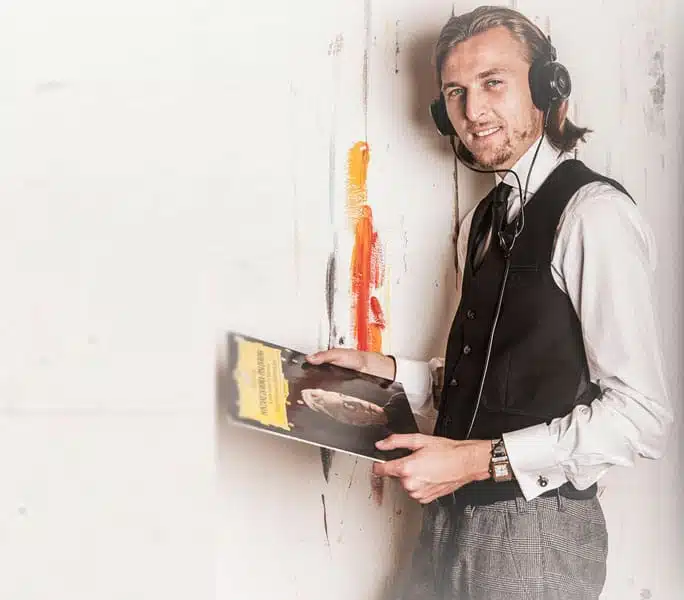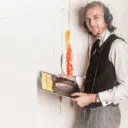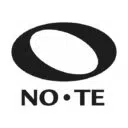While all PR agencies are not created equal, there are overlapping methods, goals, and services. In this current social media jungle, there are as many ways to create a career as artists. Navigating the classical music landscape can be overwhelming—enter public relations. What makes a great PR campaign? Is it the method, the goal, the achievement? How do you measure it against the cost?
Really, like everything else in moving a career forward, it always comes back to the artist. Every project is an opportunity to grow as a person, an artist, and as a musician—whether an individual or an organization, staying fluid and in motion is the key. The same principles apply in life. Why should being an artist be any different?
So whether you are thinking of making a recording, a video, a concert tour, a festival, a podcast, or any unique expression for putting yourself out there, a great PR agency can make the trajectory that much better. An objective and knowledgable perspective on your career goals in the context of whatever you might be planning is the gift of a great PR agency.
Fortunately for us, Krystian Nowakowski of NO-TE has some answers, in case you are wondering what someone truly skilled in the art of PR (and it is an art!) might think about things generally and specifically.
Kathy Geisler: What is the role of classical music PR? Are you working for the client or the audience? How do you balance that?
Krystian Nowakowski: PR is a key tool and its importance is often underestimated. It is amazing that especially well-known artists invest a lot in PR campaigns and have a large team that covers all major media (classic and social media) with news. PR agencies provide the strategy and the contacts that are essential. My perspective on PR is that everyone benefits from it, whether artists, organizers or the public. It is also a tool in the context of principal-agent theory applied. Among other things, it balances out uncertainties on the part of the organizers that arise, for example, during an engagement. Can I sell enough tickets? Will the audience satisfied?, etc.
If the artist receives positive reviews for published CDs and regularly conducts interviews, he is particularly visible. The awareness and curiosity to hear the artist increases and thus good ticket sales are guaranteed.
Kathy: How can PR help, what are some of the limits and what are some of the advantages?
Krystian: The challenges of PR lie in the fact that the artist has to reinvent himself with ongoing projects. To do this, he must recognize what he can or cannot do. Simple questions or a SWOT analysis can help.
Which features can be classified:
Musically through a high degree of flexibility in the program design.
Optically through existing or changing ones characteristics as well as intellectual skills.
The latter has become very important as “classical music” per se does not reach the mainstream.
If the artist is thematically related to other topics about which he has a high level of knowledge, publicly and his opinion is recognized, this has a positive effect on new concert opportunities.
As an example of musical and visual flexibility I like to name Cecilia Bartoli. Prime examples of intellectuality are provided by artists such as Daniel Barenboim (Israel-Palestine conflict) and Igor Levit (Anti-Semitism in Germany).
Kathy: What is your specific brand of PR, how is it different from others?
Krystian: First of all, we market artists worldwide (apart from Asia) and are in constant personal contact with journalists. Our approach may also be more holistic than that of other agencies. Our goal is that artists play concerts. PR is a tool and not an end in itself.
Kathy: What do you see as the most important aspect for succeeding in the field of classical music? What should musicians be thinking about in participating with their own success when working with PR?
Krystian: The classical music market is a highly competitive field and the probability of making a career and making a living from just being a soloist is very low. So it’s important not just to pick a name as a soloist, but possibly also as a teacher, orchestra musician or organizer of a festival. As a PR agency, we then have more options to market the artist for the skills of the artist.
Kathy: What advice would you give someone starting out in classical music? (Priorities, what comes first, where should they be looking for opportunities, how to set goals).
Krystian:
1. Where do you want to be in 2, 5 and 10 years?
2. What is your USP (unique selling point) as an artist?
3. Do you have supporters, mentors or people who can help you?
4. What other talents do you have?
5. How important is financial security to you?
These are five basic questions that every artist should ask themselves. I always recommend looking into the future and trying to explain to the artist that wishes and hopes can materialize. The important thing is to know how flexible you are mentally. Can you imagine doing something else (musically or still in the field of classical music) or are you someone who follows this one path consistently. It’s like in sports, are you a sprinter and can easily overcome hurdles or are you a tireless endurance runner. Know yourself, and your actions will be conclusive.








Leave a Comment (Comments are Moderated)
You must be logged in to post a comment.